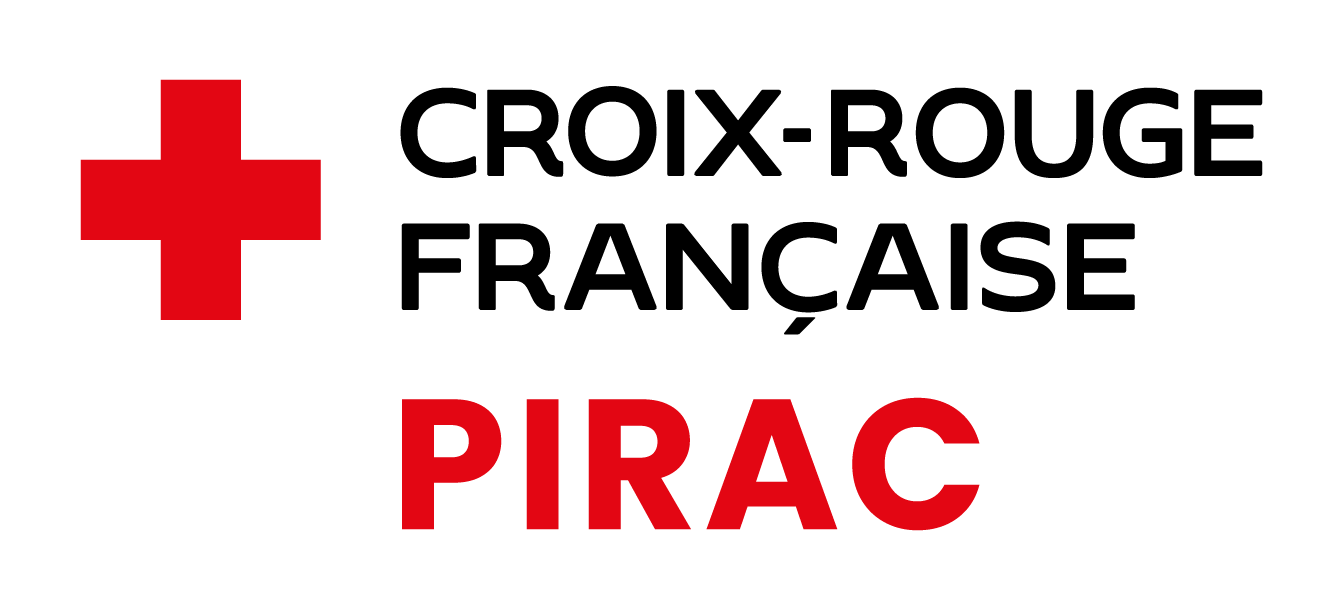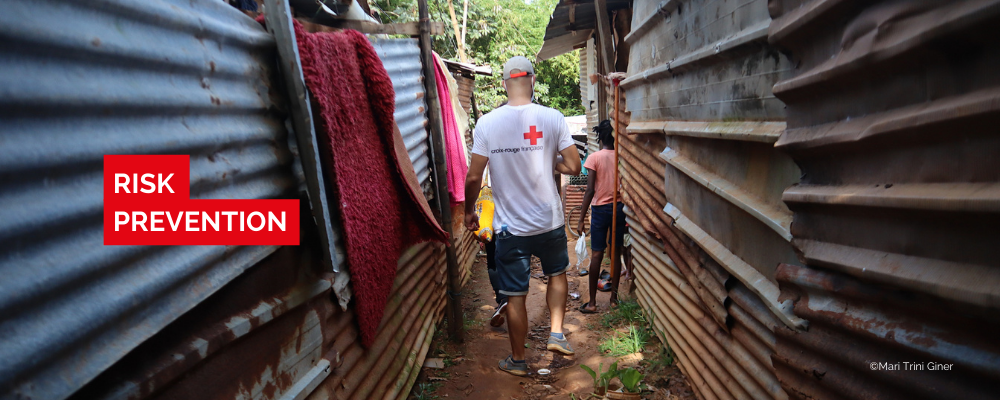
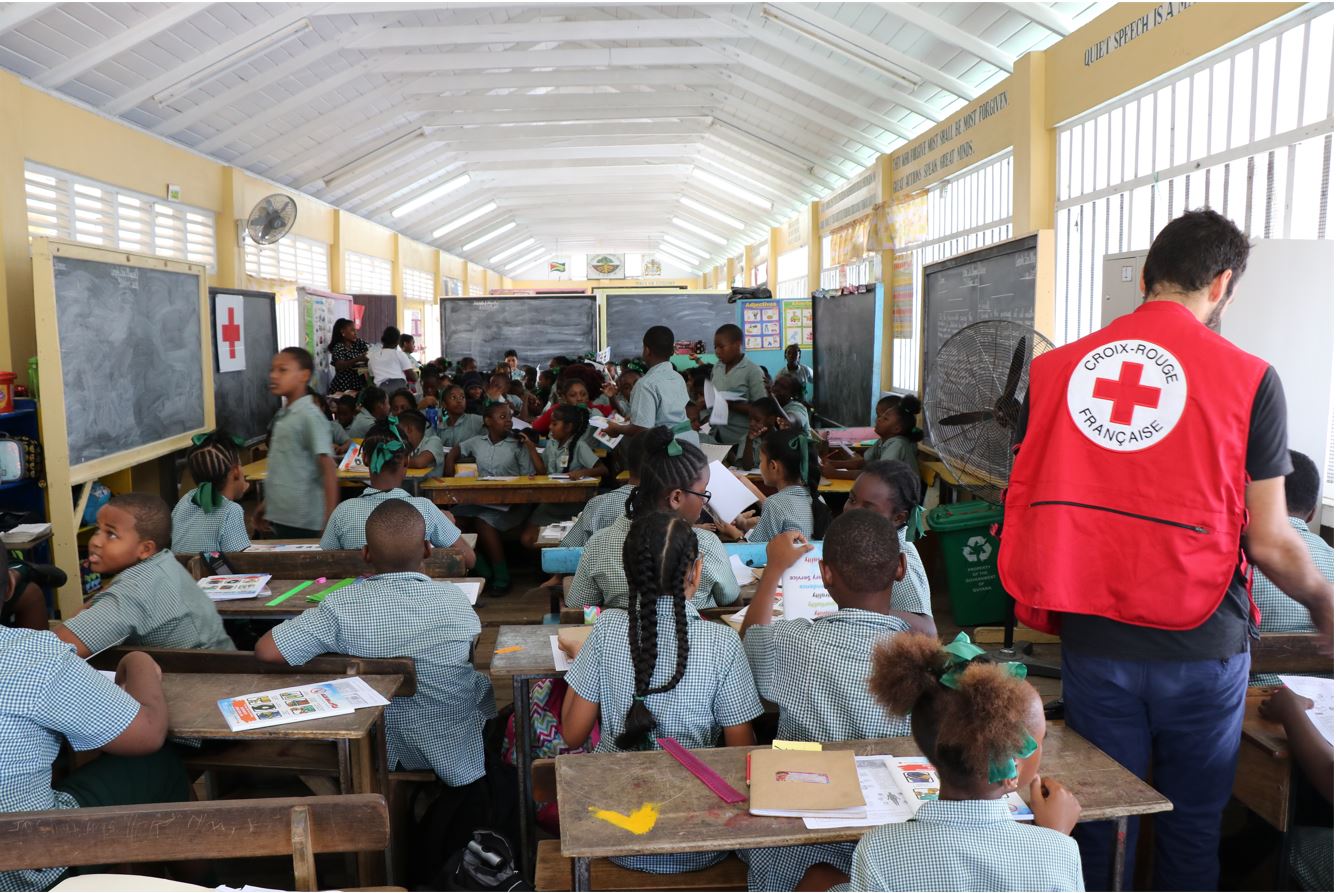
In the Caribbean, disasters are frequent and cause multiple risks on a regional scale. However, people’s knowledge and behaviors are still often inadequate and the memory of past disasters is rapidly fading.
Increasing the culture of risk among the population, especially the youth, is a necessity to strengthen the resilience of individuals and families. This requires in-depth work, upstream of disasters, based on preventive information and risk education to promote the necessary knowledge, understanding of the phenomena, and the learning of appropriate attitudes and behaviors.
PIRAC develops a support for behavioral change among different categories of the population to promote the adoption of messages. Innovative tools are mobilized to widely promote good practices and maintain a spirit of continuous learning and attention.
AWARENESS CAMPAIGNS CONDUCTED BY PIRAC
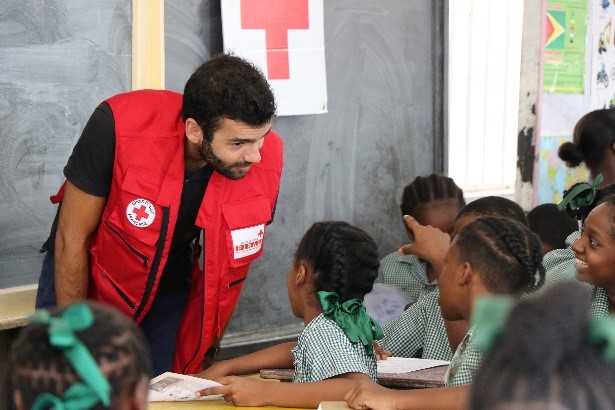
EPIDEMIC RISK EDUCATION IN GUYANA
In Guyana, a country regularly affected by epidemics, PIRAC’s REMPART anti-vector project aims to educate children on good practices to limit the transmission of viruses (dengue, zika, chikungunya) by mosquitoes, not only at school but also in their families, to whom they are an effective relay for information.
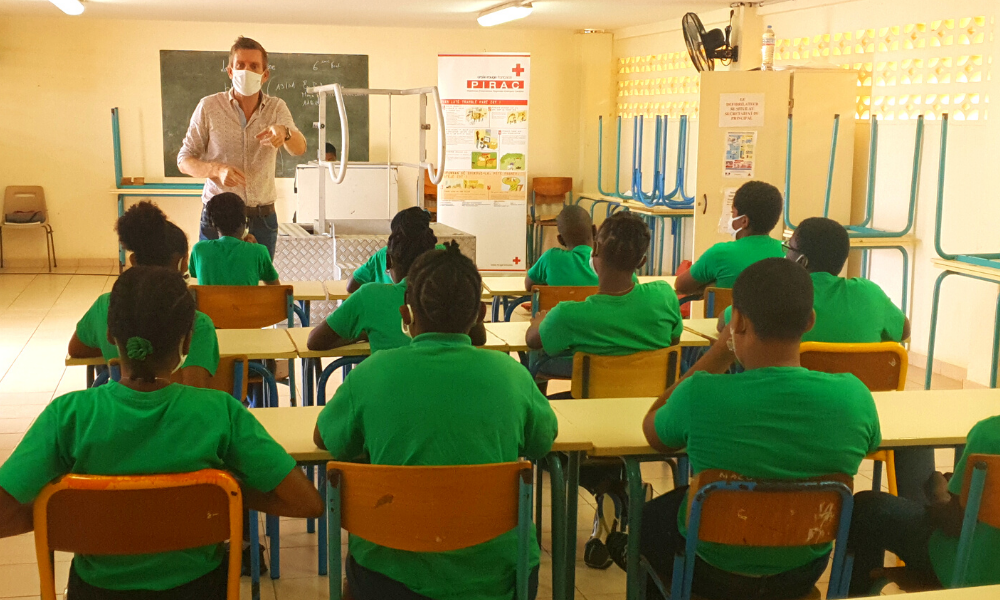
RAISE AWARENESS OF DISASTER RISK AMONG YOUTH
Risk education in schools is a crucial issue. Indeed, many children and young people have never experienced major destructive phenomena, yet they are the population of tomorrow that will have to face disasters. Moreover, they are themselves a powerful vector of awareness among their families.
Within the framework of the Paré pa paré project, PIRAC has developed a series of pedagogical and fun tools in order to raise awareness among the youngest to the different risks to which they may be exposed in Guadeloupe. These tools have also been developed for teachers so that they can conduct workshops adapted to the local context, and this directly with children in the school setting.
